We are a consortium of five labs: The Russia Program, CORUSCANT, RIMA, RuBase and CEDAR

Research
The Russia Program now publishes pre-prints—early versions of research papers shared before formal peer review. Pre-prints give readers early access to new data, analysis, and ideas on Russia’s politics, society, culture, and global role.

Research
The Russia Program now publishes pre-prints—early versions of research papers shared before formal peer review. Pre-prints give readers early access to new data, analysis, and ideas on Russia’s politics, society, culture, and global role.
Latest Research
Latest Research
Academic Policy Paper
Academic Policy Paper
ACADEMIC PUBLICATIONS
ACADEMIC PUBLICATIONS
OTHER PUBLICATIONS
OTHER PUBLICATIONS

Subscribe to our newsletter!
You will receive our monthly newsletter with the most relevant Russia-related research news

